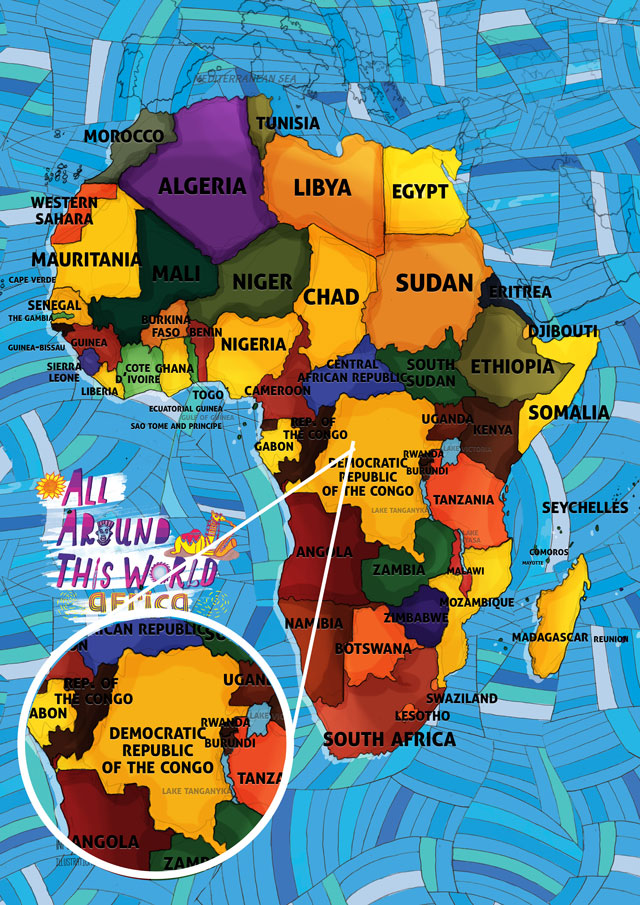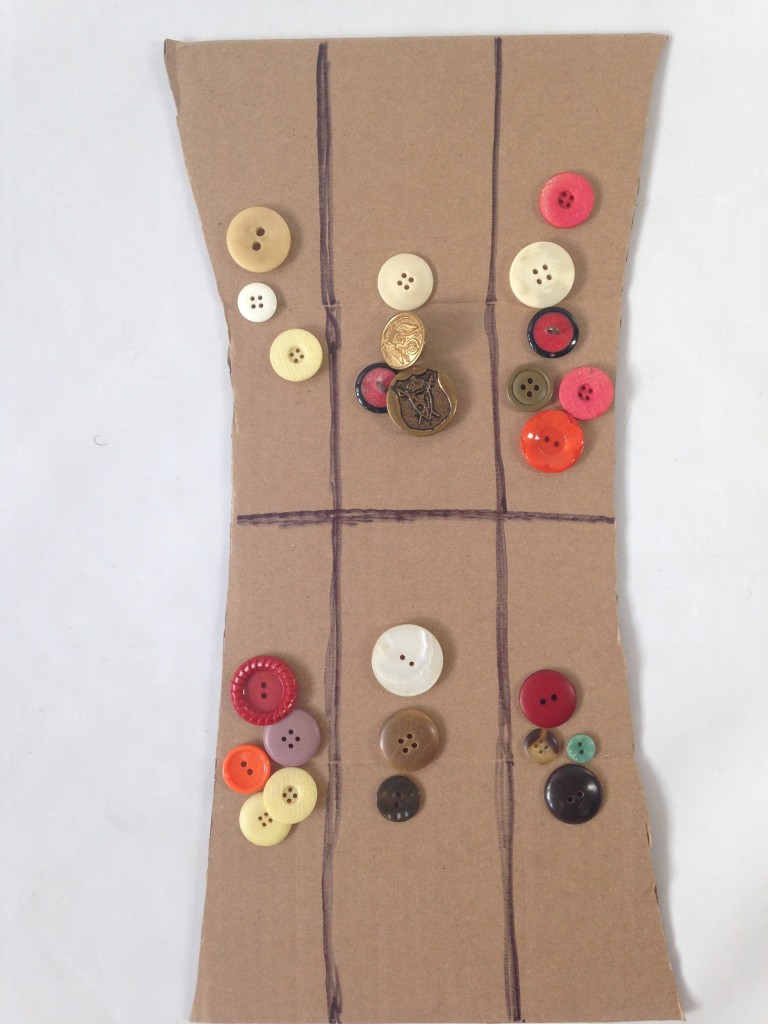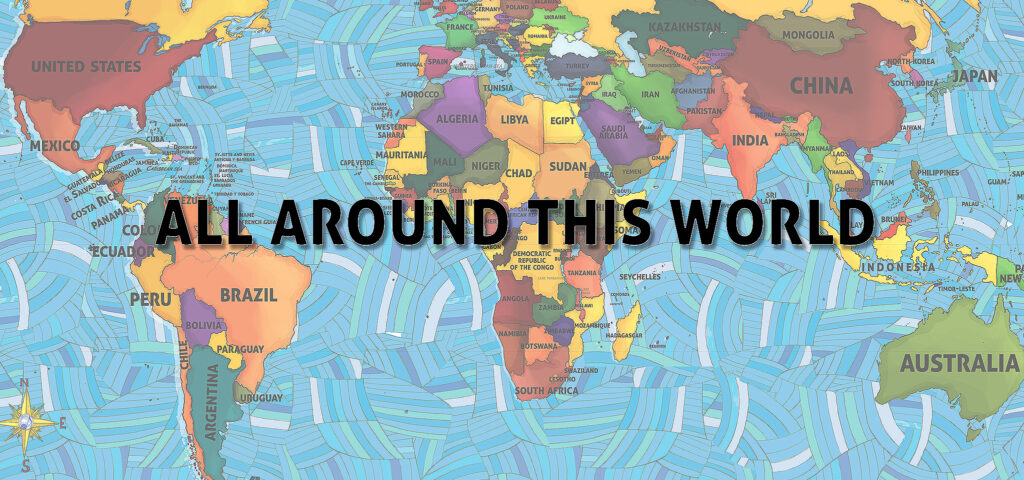More Congolese music, this time with Le Grand Kalle….
Earlier this week we met the dynamic Congolese music called soukous. It emerged in the years after World War II, starting in the ’50s when big Cuban rumba orchestras became all the rage in the Congo. By the ’60’s musicians like Joseph “Le Grand Kalle” Kabasele who we see in this video, readily blended rumba with African jazz, and formed a genre sometimes known as Congolese Rumba. Soukous emerged when innovators such as Sam Mangwana layered funky African rhythms and racing, jangling guitars on top.



